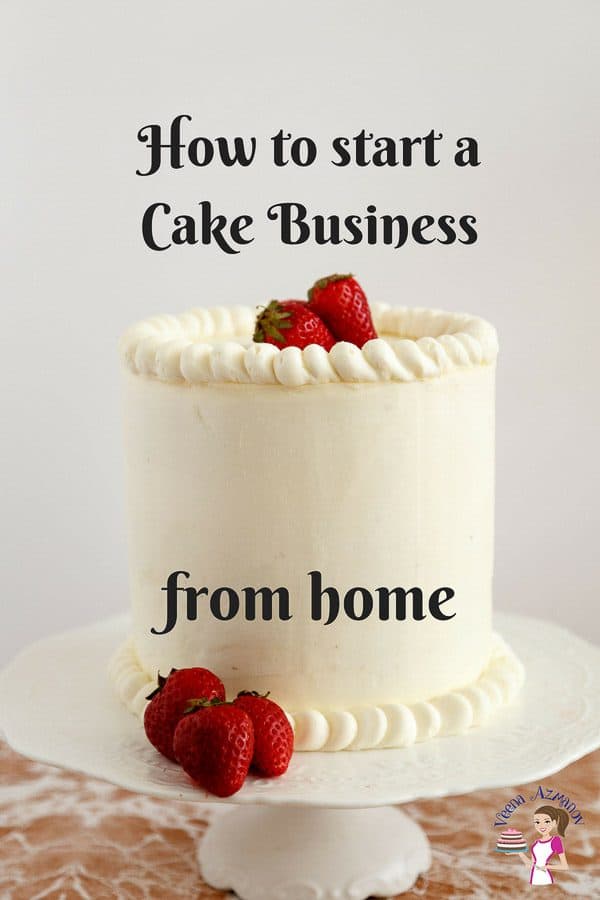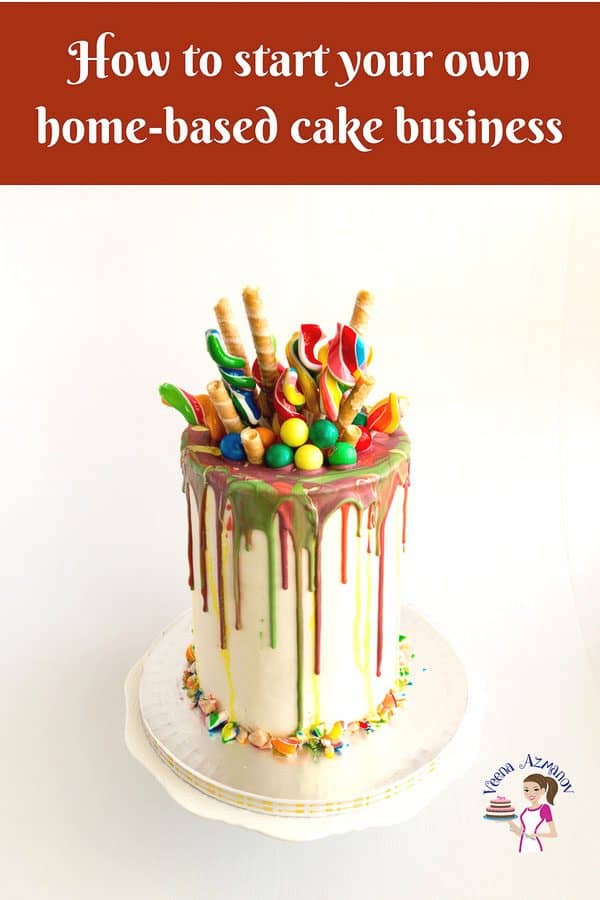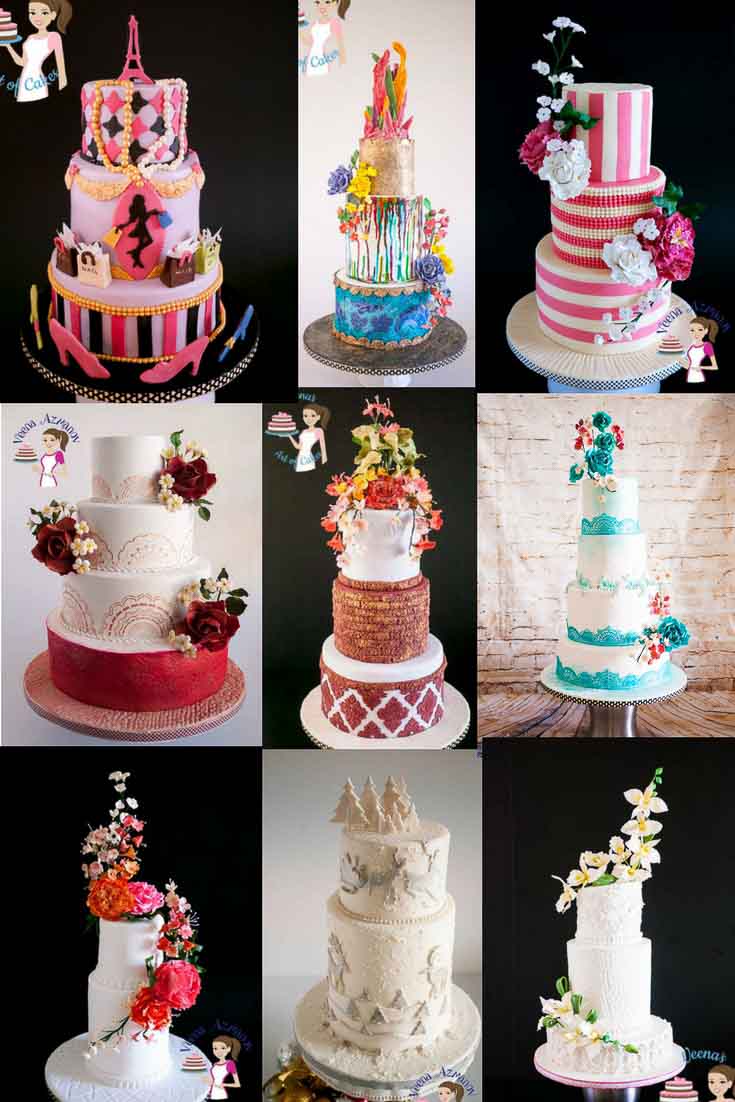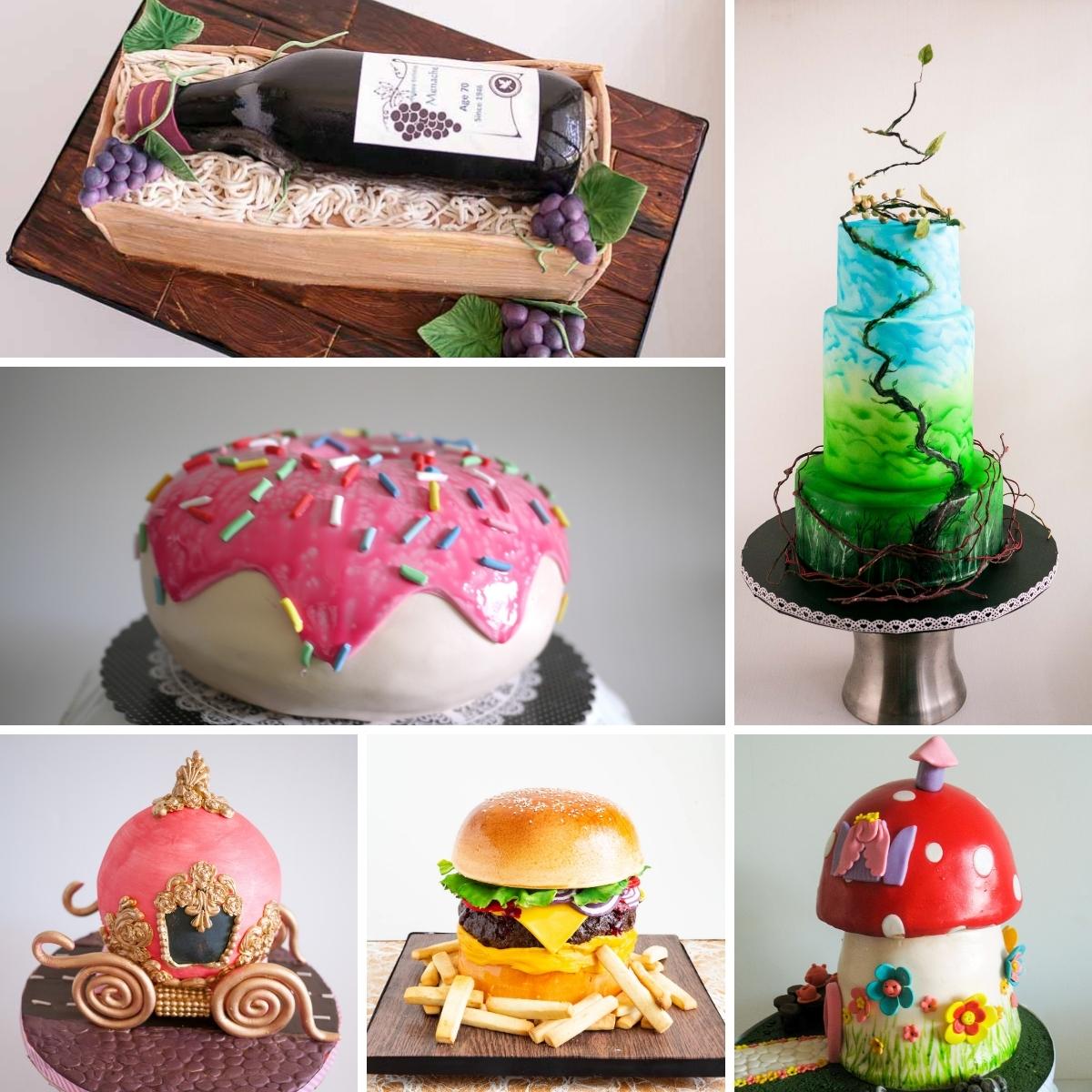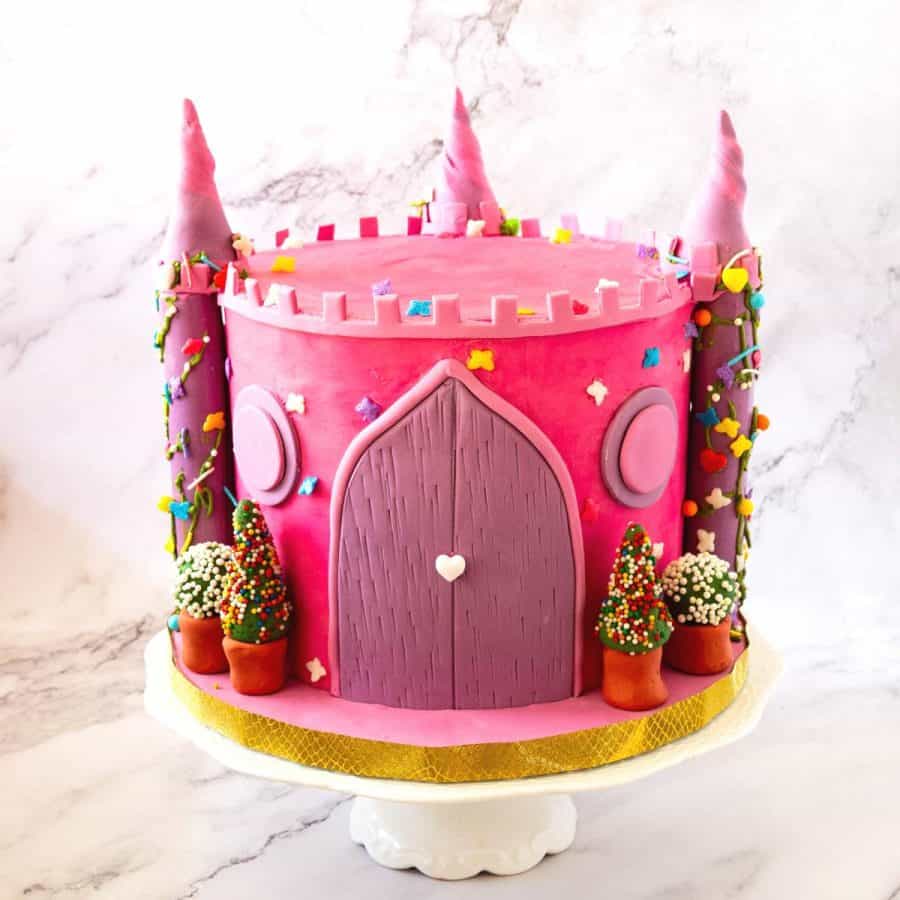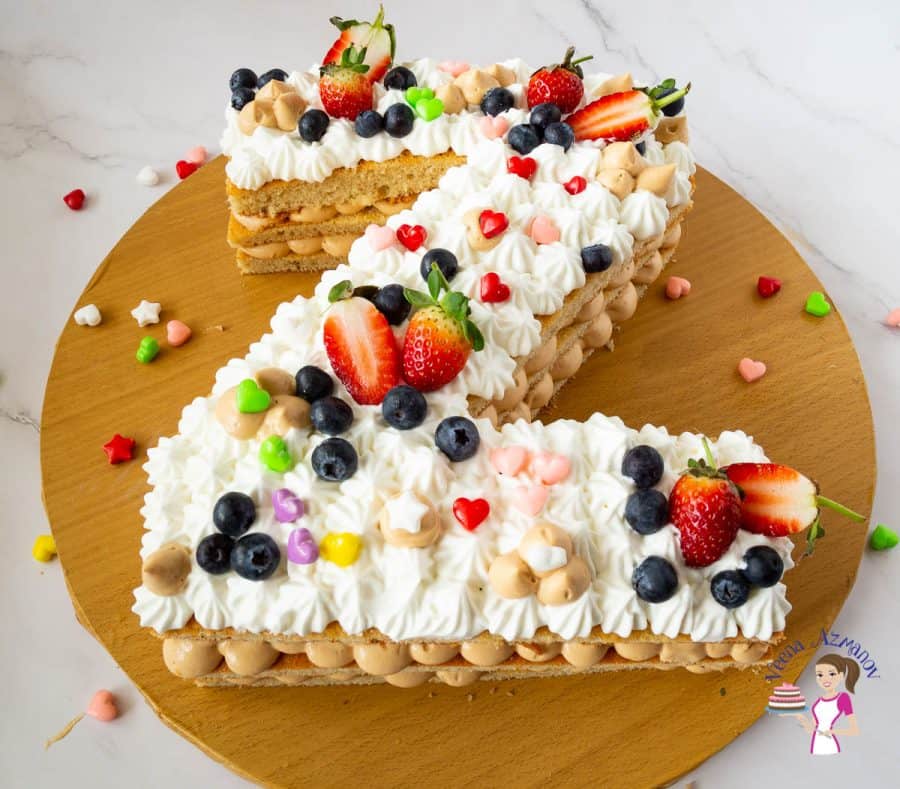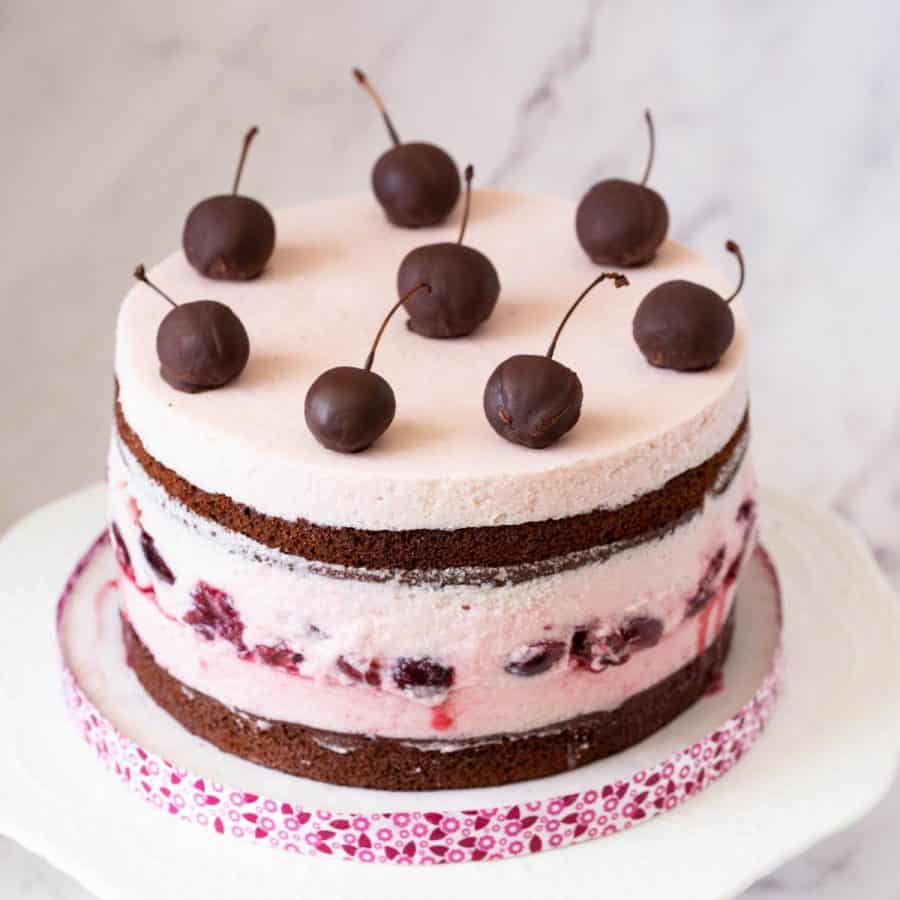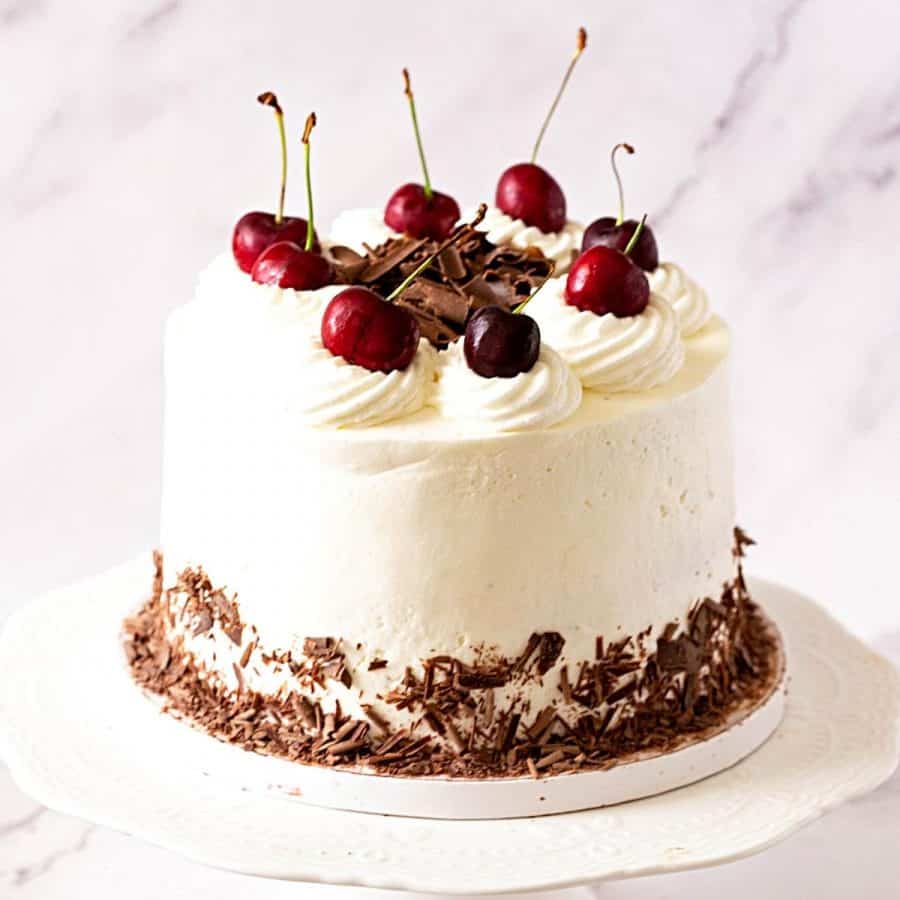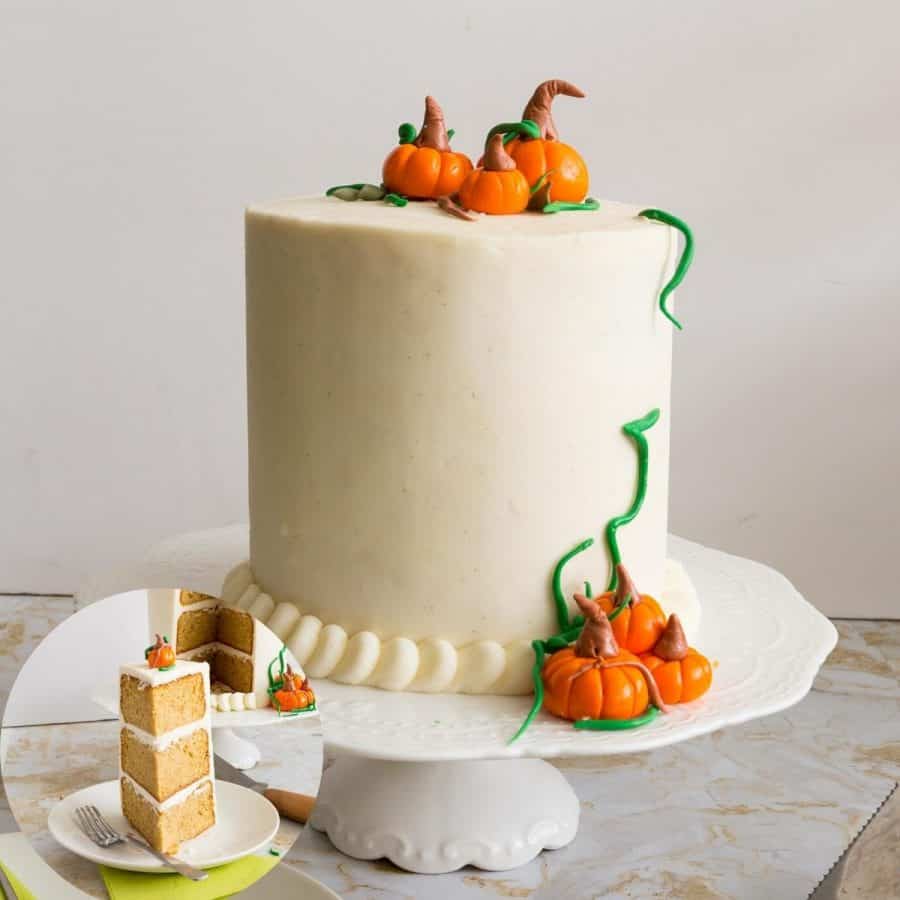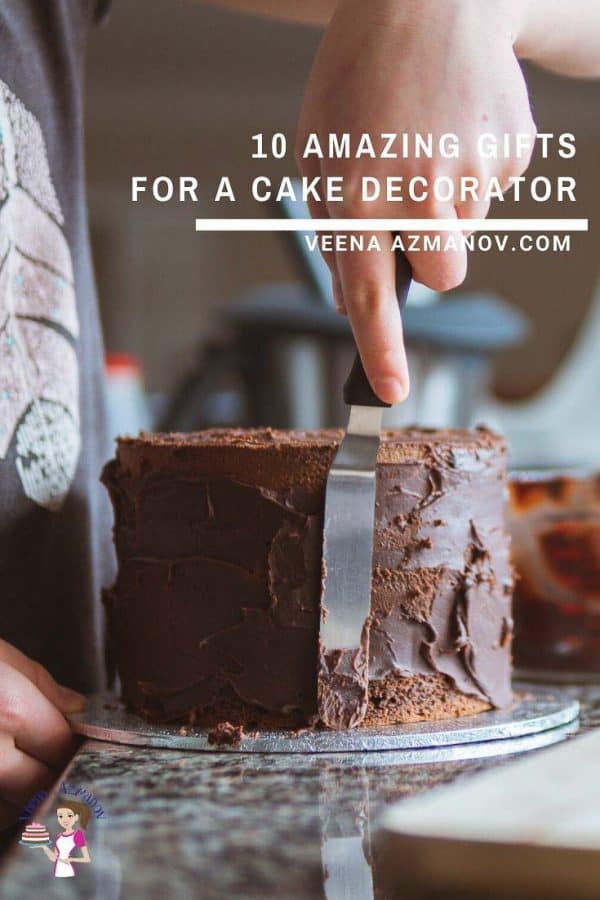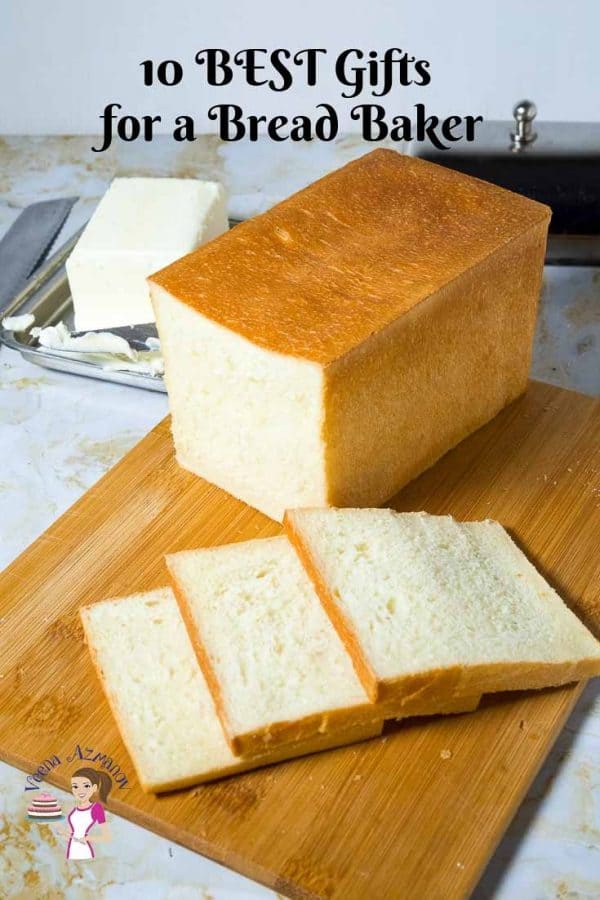Starting a cake decorating business from home is a significant decision that requires careful consideration of various factors. Weighing the pros and cons is crucial as you embark on this journey. This post provides essential information and key points to consider, serving as a comprehensive guide to help you make an informed decision. Disclaimer: I am not a lawyer, professional consultant, or legal expert. The information shared here is based on my personal experiences and accumulated knowledge from starting my own legitimate home-based business over the years. You’re likely reading this post because you have a passion for cake decorating. You’ve probably created numerous cakes for family and friends, and their consistent praise has sparked the idea that you could turn this hobby into a career. Yet, the path to starting your own business can be daunting, and you may be unsure of where to begin. Rest assured, many of us in the cake decorating business started exactly where you are now. Our shared passion for creating beautiful, delicious cakes is what drives us. So, let’s explore this passion together and turn your cake decorating dreams into reality.
Making the Decision: Transitioning from Hobby to Business
Deciding to transform your cake decorating hobby into a formal business is not an easy decision for many. Often, the challenge lies in not knowing where to start, leading to hesitation or even abandonment of the idea. The fear of the unknown can be daunting, but having been through this journey myself, I can assure you that it’s often easier than it seems. There are many cake decorators who operate informally, claiming to run a business without officially registering it. Additionally, some individuals consider themselves ‘cake hobbyists’ but consistently take cake orders and earn income from it. If you’re making money from cake decorating and want to establish it as a professional venture, formal business registration is a must. Whether you’re a novice contemplating the start of a home-based cake business or an experienced hobbyist looking to elevate your passion into a legitimate profession, this post will provide valuable insights. I’ve included detailed information to ensure you have a comprehensive understanding of what it takes to start a formal cake business from home. So, grab a cup of coffee, put your feet up, and take your time reading through this guide. Often, the best way to tackle a complex subject is to go through it thoroughly once and then review it again. The second reading usually makes everything much clearer. When I first started, I felt overwhelmed by the legal requirements and the thought of creating a business plan. However, with careful planning and perseverance, I successfully launched my own cake business from home. I hope to share what I’ve learned to help make your journey smoother. To simplify the process, I’ve broken down the essential steps of starting a home-based cake decorating business into four comprehensive parts: By tackling each of these parts systematically, you’ll gain clarity and confidence, making the journey to starting your own cake business manageable and achievable. So, let’s dive in and explore each part in detail. Starting a home-based cake decorating business requires careful attention to legal and regulatory matters to ensure compliance and protect your business. Here’s a checklist of the legal steps you should plan for:
1. Business Structure and Registration
Choose a Business Structure: Decide whether you will operate as a sole proprietorship, partnership, LLC, or corporation. Each structure has different legal and tax implications. Register Your Business Name: If you choose a business name different from your own, you’ll need to register it with your local government, often called a “Doing Business As” (DBA) name. Get an Employer Identification Number (EIN): An EIN from the IRS is required for tax purposes and if you plan to hire employees.
2. Licensing and Permits
Business License: Obtain a general business license from your city or county government. Home Occupation Permit: Some localities require a permit to run a business from your home. Cottage Food License: Many states have cottage food laws that allow you to prepare and sell food from your home kitchen under certain conditions. Ensure you meet the specific requirements for your state. Food Handler’s Permit: Some areas require a food handler’s permit or food safety certification, which typically involves completing a food safety course.
3. Health and Safety Regulations
Kitchen Inspection: Your home kitchen may need to pass a health inspection to ensure it meets local health and safety standards. Labeling Requirements: Follow labeling laws for packaged goods, including ingredient lists and allergy warnings.
4. Insurance
Business Insurance: Obtain general liability insurance to protect against accidents and lawsuits. Product Liability Insurance: Covers claims related to the food products you sell. Homeowner’s Insurance: Check if your homeowner’s insurance covers business activities; you might need an endorsement or separate policy.
5. Tax Requirements
Sales Tax Permit: Register for a sales tax permit if your state requires you to collect sales tax on food products. Income Tax: Keep detailed records of your income and expenses for tax reporting. You may need to make estimated tax payments throughout the year. Self-Employment Tax: Plan for self-employment taxes if you are running a sole proprietorship or partnership.
6. Zoning Laws
Zoning Compliance: Ensure your home business complies with local zoning laws, which may restrict certain business activities in residential areas.
7. Contracts and Agreements
Customer Contracts: Draft clear contracts for large orders, detailing the terms and conditions, payment policies, and cancellation policies. Supplier Agreements: Establish agreements with suppliers to ensure reliable sourcing of ingredients and materials.
8. Intellectual Property
Trademark: Consider trademarking your business name and logo to protect your brand identity.
9. Record Keeping
Maintain Records: Keep detailed records of all business transactions, licenses, permits, and correspondence with regulatory authorities.
10. COVID-19 Considerations
Health Guidelines: Follow any additional health and safety guidelines related to COVID-19, including sanitation practices and social distancing measures for deliveries or pickups.
Additional Resources
Local Small Business Development Center (SBDC): Offers free consulting and assistance with navigating legal requirements. State Department of Health: Provides information on food safety regulations and licensing requirements. IRS Website: Offers guidance on business taxes and obtaining an EIN.
By addressing these legal considerations, you can ensure that your home-based cake decorating business operates smoothly and complies with all necessary regulations.
Example – Business Plan for “Sweet Creations: Home-Based Cake Decorating Business”
Executive Summary
“Sweet Creations” is a home-based cake decorating business specializing in custom cakes for all occasions. Our goal is to provide high-quality, beautifully decorated cakes that are both delicious and visually stunning. Our target market includes individuals and businesses looking for unique, personalized cakes for celebrations, events, and special occasions. By leveraging our passion for baking and decorating, along with a strong focus on customer satisfaction, we aim to establish a loyal customer base and achieve steady growth.
Business Objectives
Achieve a monthly sales target of $5,000 within the first year of operations. Build a strong online presence through social media and a dedicated website. Develop partnerships with local event planners and venues. Offer exceptional customer service to ensure high customer satisfaction and repeat business.
Business Description
Sweet Creations is a sole proprietorship based in [Your City, State]. Operating from a fully equipped home kitchen, we will offer custom cake decorating services for birthdays, weddings, anniversaries, corporate events, and other celebrations. Our services include cake design consultation, custom cake creation, and delivery.
Market Analysis
The demand for custom cakes is on the rise, driven by the increasing number of celebrations and events. Our target market includes:
Individuals planning personal celebrations (birthdays, weddings, anniversaries). Corporate clients hosting events and celebrations. Event planners and venues seeking unique cake designs for their clients.
Competitive Analysis
Our main competitors include local bakeries and other home-based cake decorators. Sweet Creations will differentiate itself through:
Unique, personalized cake designs. High-quality ingredients and attention to detail. Exceptional customer service and flexible delivery options.
Marketing Strategy
Online Presence: Create a visually appealing website showcasing our portfolio, services, pricing, and customer testimonials. Utilize social media platforms like Instagram, Facebook, and Pinterest to share cake designs, behind-the-scenes content, and promotions. Networking: Partner with local event planners, venues, and wedding coordinators to generate referrals. Promotions: Offer introductory discounts and referral bonuses to attract new customers. Customer Engagement: Maintain a customer database to send personalized offers, birthday reminders, and follow-up messages.
Operations Plan
Location: Operate from a home kitchen, ensuring it meets all local health and safety regulations. Supplies: Source high-quality ingredients and cake decorating supplies from reputable vendors. Production: Develop a streamlined process for order management, cake creation, and delivery. Staffing: Initially, the business will be operated by the owner. As demand grows, consider hiring part-time help for baking and delivery.
Financial Plan
Startup Costs: Estimate initial expenses for kitchen equipment, supplies, marketing, and website development. Revenue Projections: Project monthly revenue based on an average of 20-25 cake orders per month, with an average order value of $200. Expense Projections: Include costs for ingredients, utilities, marketing, and delivery. Profitability: Aim to achieve a profit margin of 50% by carefully managing costs and pricing.
Risk Management
Compliance: Ensure all operations comply with local health and safety regulations. Quality Control: Implement strict quality control measures to maintain high standards for taste and decoration. Insurance: Obtain necessary insurance to protect against liabilities and unforeseen events.
Conclusion
Sweet Creations aims to carve out a niche in the custom cake decorating market by offering unique, high-quality cakes and exceptional customer service. With a well-defined market strategy and a focus on customer satisfaction, we are confident in our ability to build a successful and profitable home-based business.
III -The marketing plan
Next, we need to think of some marketing strategies to help get our home-based cake business out. Let people know we exist!! Here is a sample Marketing pan – Sweet Creations is just a generic name I used.
Example – Marketing Plan for “Sweet Creations: Home-Based Cake Decorating Business”
Executive Summary
“Sweet Creations” aims to establish itself as a leading home-based cake decorating business offering unique, custom-designed cakes for various occasions. This marketing plan outlines strategies to build brand awareness, attract new customers, and foster loyalty among existing clients. Our primary marketing channels will include online presence, social media, local networking, and strategic partnerships.
Marketing Objectives
Target Market
Individuals planning personal celebrations such as birthdays, weddings, anniversaries. Corporate clients hosting events and celebrations. Local event planners and venues seeking unique cake designs for their clients.
Unique Selling Proposition (USP)
Sweet Creations stands out by offering highly personalized, beautifully crafted cakes made from high-quality ingredients. Our attention to detail, artistic designs, and commitment to customer satisfaction set us apart from the competition.
Marketing Strategies
- Online Presence:
Website Development: Create an attractive, user-friendly website showcasing our portfolio, services, pricing, and customer testimonials. Ensure the website is optimized for search engines (SEO) to increase visibility. Blog: Maintain a blog with content related to cake decorating tips, trends, and behind-the-scenes looks at our creations to engage visitors and improve SEO.
- Social Media Marketing:
Instagram: Share high-quality images of our cakes, behind-the-scenes content, and customer testimonials. Use relevant hashtags and engage with followers through comments and stories. Facebook: Post updates, share customer reviews, and create events for promotions or special offers. Utilize Facebook ads to target local customers. Pinterest: Create boards showcasing different cake designs and decorating tips to attract potential customers searching for inspiration.
- Local Networking:
Community Events: Participate in local fairs, farmer’s markets, and community events to showcase our cakes and connect with potential customers. Workshops and Classes: Offer cake decorating workshops to engage with the community and build brand awareness. Partnerships: Collaborate with local event planners, wedding coordinators, and venues to generate referrals.
- Customer Engagement:
Email Marketing: Build a customer database to send newsletters, special offers, and personalized birthday or anniversary reminders. Loyalty Program: Implement a loyalty program offering discounts or free services for repeat customers. Referral Program: Encourage satisfied customers to refer friends and family by offering incentives such as discounts on future orders.
- Promotional Campaigns:
Seasonal Promotions: Offer themed cakes and special discounts for holidays and special occasions. Introductory Discounts: Provide discounts for first-time customers to encourage trial. Contests and Giveaways: Host social media contests and giveaways to increase engagement and attract new followers.
- Public Relations:
Press Releases: Send press releases to local media about the launch of Sweet Creations and any notable events or milestones. Customer Testimonials: Feature positive testimonials on our website and social media to build credibility and trust.
Budget Allocation (amounts are just examples)
Website Development and Maintenance: $1,000 Social Media Advertising: $500 per month Local Event Participation: $300 per event Workshops and Classes: $200 per class Promotional Materials (flyers, business cards): $200 Email Marketing Tools: $50 per month
Performance Metrics
Website Traffic: Track the number of visitors, page views, and conversion rates. Social Media Engagement: Monitor likes, shares, comments, and follower growth. Customer Acquisition: Measure the number of new customers gained each month. Sales Growth: Track monthly sales and revenue to ensure targets are met. Customer Feedback: Collect and analyze customer reviews and feedback to improve services.
Timeline
Month 1-2: Launch website and social media profiles, start building content. Month 3-4: Begin social media advertising and participate in local events. Month 5-6: Launch email marketing campaigns and loyalty program. Month 7-12: Host workshops, run seasonal promotions, and continue building partnerships.
Frequently asked questions
Cake decorating tutorials
see all cake decorating tutorials here
1. Social Media Marketing
Instagram and Facebook: Create profiles for your business and regularly post high-quality photos of your cakes. Use relevant hashtags and engage with followers through comments and messages. Pinterest: Share images of your cake designs and decorating tips to attract people looking for inspiration. Stories and Reels: Use Instagram and Facebook Stories and Reels to showcase behind-the-scenes content, cake-making processes, and customer testimonials.
2. Word-of-Mouth
Encourage Reviews: Ask satisfied customers to leave reviews on your social media pages and Google My Business profile. Referral Program: Offer discounts or free goodies to customers who refer new clients to you.
3. Local Networking
Community Events: Participate in local fairs, farmers’ markets, and community events to showcase your cakes and connect with potential customers. Partnerships: Partner with local event planners, wedding coordinators, and venues to offer your cake decorating services.
4. Email Marketing
Newsletter: Collect email addresses from your customers and send out a monthly newsletter with updates, special offers, and baking tips. Special Offers: Send personalized offers and discounts for birthdays, anniversaries, or holidays.
5. Flyers and Business Cards
Local Distribution: Distribute flyers and business cards at local businesses, community centers, and bulletin boards. Collaborations: Leave flyers and business cards with local wedding shops, party supply stores, and florists.
6. Online Listings
Google My Business: Create a Google My Business profile to increase your visibility in local search results. Online Directories: List your business on local online directories like Yelp, Thumbtack, and other service-oriented platforms.
7. Special Promotions
Seasonal Offers: Create themed cakes for holidays and special occasions and promote them on your social media and website. Contests and Giveaways: Host social media contests and giveaways to increase engagement and attract new followers.
8. Content Marketing
Blog: Start a blog on your website where you share baking tips, recipes, and cake decorating ideas. This can also help improve your SEO. Tutorials: Create simple cake decorating tutorials and post them on your blog, YouTube channel, or social media platforms.
9. Customer Engagement
Personal Touch: Send thank you notes or follow-up emails to customers after their orders to show appreciation and encourage repeat business. Surveys: Conduct surveys to gather feedback and understand your customers’ preferences and needs better.
10. Networking Groups
Join Local Groups: Join local business groups, chambers of commerce, or online forums to network and share your business. Collaborate with Influencers: Partner with local influencers or bloggers to review your cakes and share their experiences with their followers.
11. Sampling
Free Samples: Offer free samples at local events or to nearby businesses to showcase your products. Pop-Up Shops: Set up temporary pop-up shops in collaboration with local businesses or markets to reach new customers.
12. DIY Kits
Cake Decorating Kits: Sell DIY cake decorating kits with all the necessary materials and instructions, promoting them online and locally.
By leveraging these simple and easy marketing strategies, you can effectively promote your home-based cake decorating business and attract a loyal customer base.
1. Skills and Education
Culinary Training: Consider taking courses in baking and cake decorating to refine your skills. Look for classes offered by culinary schools, community colleges, or online platforms. Stay Updated: Keep up with the latest trends and techniques in cake decorating by reading industry magazines, watching tutorial videos, and following expert decorators on social media.
2. Business Knowledge
Business Education: Learn the basics of running a business, including marketing, accounting, and customer service. You can take online courses or attend workshops. Plan Your Business: Develop a comprehensive business plan outlining your goals, target market, marketing strategies, and financial projections.
3. Time Management
Create a Schedule: Develop a daily and weekly schedule to balance baking, decorating, marketing, and administrative tasks. Set Boundaries: Establish clear boundaries between your work time and personal time to avoid burnout and ensure you maintain a healthy work-life balance.
4. Financial Preparation
Save Money: Save enough money to cover your initial startup costs, including ingredients, equipment, marketing, and permits. Aim to have a financial cushion to support you until your business becomes profitable. Budgeting: Create a detailed budget to manage your expenses and track your income. Use accounting software or spreadsheets to stay organized.
5. Workspace Preparation
Organize Your Kitchen: Ensure your home kitchen is well-organized and equipped with all the necessary tools and equipment for cake decorating. Health and Safety: Clean and sanitize your kitchen to meet health and safety standards. Set up designated areas for baking, decorating, and storing ingredients.
6. Legal and Regulatory Knowledge
Understand Regulations: Familiarize yourself with local health and safety regulations, zoning laws, and business licensing requirements. Documentation: Prepare all necessary documents, such as business licenses, health permits, and insurance policies.
7. Marketing and Branding
Build Your Brand: Develop a unique brand identity, including your business name, logo, and brand colors. Create business cards and promotional materials. Online Presence: Set up social media profiles and a website to showcase your work and attract customers. Consider taking a course in digital marketing to enhance your online visibility.
8. Customer Service Skills
Communication: Practice clear and professional communication to handle customer inquiries, orders, and feedback effectively. Relationship Building: Focus on building strong relationships with your customers to encourage repeat business and referrals.
9. Support System
Seek Support: Inform your family and friends about your business plans and seek their support and understanding as you embark on this journey. Network: Join local business groups, baking associations, or online forums to connect with other bakers and entrepreneurs for advice and support.
10. Mindset and Motivation
Set Goals: Define clear, achievable goals for your business and personal development. Stay Positive: Cultivate a positive mindset and stay motivated by reminding yourself of your passion for cake decorating and your reasons for starting the business. Self-Care: Prioritize self-care to maintain your physical and mental well-being. Take breaks, exercise, and engage in activities you enjoy outside of work.
By preparing yourself in these areas, you can set a strong foundation for your home-based cake decorating business and increase your chances of success. see all cake decorating recipes here
Resources
see all resources here Thank you for sharing - Save for later

